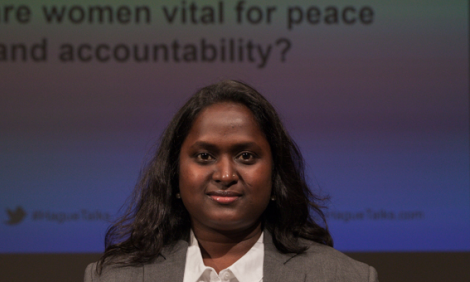
In depth
Intersection of identities: Online gender and caste based violence
Women who are also from vulnerable and marginalised communities such as Dalit women in India, face additional and vicious forms of online violence and harassment. In addition their access to justice is tenuous and fraught, adding progressively to the impunity with which caste- and gender-based harassment takes place.
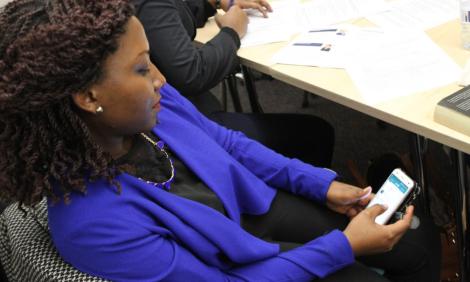
Feminist talk
Tackling the gender digital divide in Africa
The coming of the digital age and of information technology promises that those 'left out' or excluded from development will be to access their rights and enjoy a higher standard of living. But what is the truth for African women - are the experiences of all 'marginal' women being lumped together and how far away is the promise of equal access and gender equity.
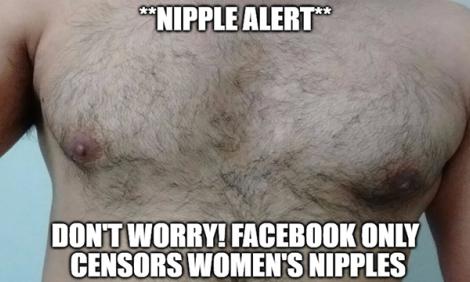
Feminist talk
Its 2016 and Facebook is still terrified of women's nipples
Facebook's arbitrary policy on women's nipples has angered many, who find their content removed or accounts suspended or banned. Japleen Pasricha writes about being repeatedly 'punished' by Facebook for posting content on the social media platform that is feminist and bold, about young women growing up and even images of protest by women in Manipur against the oppression of the Indian army and…
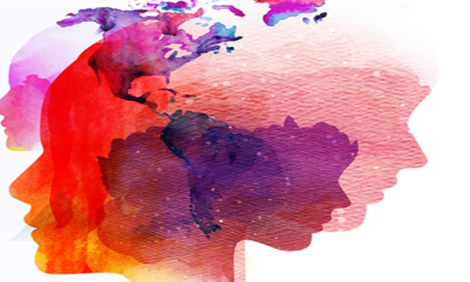
In depth
Trafficking in Women: female objectification
A conservative estimate is that 42 million people are prostituted worldwide, of which 90% are exploited by pimps, and every year 2 million people are added to this number. Latin America has 10% of trafficking in persons for sexual activities - nearly half of the victims are children and youth under 18 years. Human trafficking is considered the third most profitable form of crime in the world,…

Feminist talk
Social media: Why can't I just leave? Why is it hard to stay?
I am a social media user, for several years now. I think Facebook, in particular, and the way it sets what is possible and what is not possible for its users, is slowly imitating the circle of life but in such a way that it narrows down our options, rather than opening them up. We start feeling more and more trapped after investing so much of our data, history, affections and expectations in our…
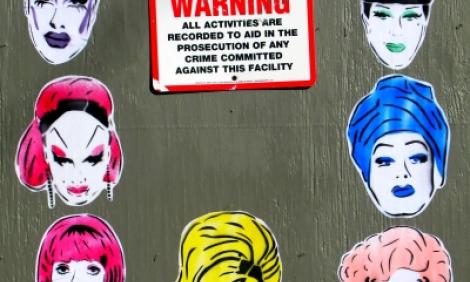
Feminist talk
Facebook: The king laid bare and the drag queens
The social network created by Mark Zuckerberg recently suspended the profiles of drag queens whose pages were under their stage names. The performers suddenly found themselves blocked from their accounts and were sent messages with instructions on how to replace their stage names with their legal names, according to Facebook’s “real name” policy.
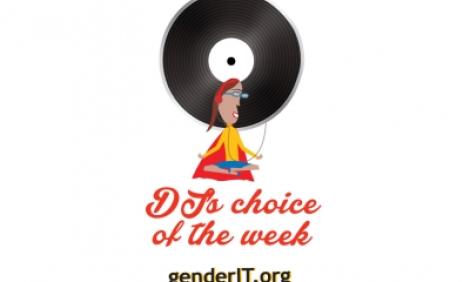
DJS choice
DJ'S CHOICE OF THE WEEK: Male virginity, female masturbation and Koolaid
DJ's choice is a weekly section by GenderIT.org, exploring the depths of the web to provide you once a week with a top 5 of creative, interesting and informative pieces and resources on gender and ICTs. Delight yourself with this selection of “sparks”: Good readings, interesting links, videos, pictures, cool authors to point to, amazing tools, and much more. Send us interesting material to…
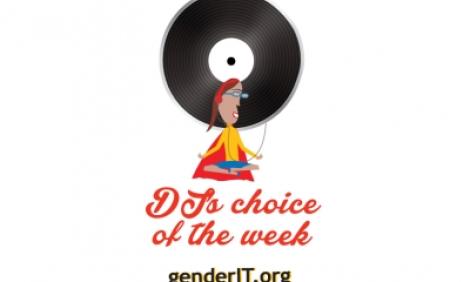
DJS choice
DJ's CHOICE OF THE WEEK: Underwear, sucking and gaming
DJ's choice is a weekly section by GenderIT.org, exploring the depths of the web to provide you once a week with a top 5 of creative, interesting and informative pieces and resources on gender and ICTs. Delight yourself with this selection of “sparks”: Good readings, interesting links, videos, pictures, cool authors to point to, amazing tools, and much more. Send us interesting material to…
Feminist talk
Solidarity with imprisoned activists, with or without Facebook
On the 23rd of June, I opened Facebook and found news that two friends had been arrested after participating in protests on the other side of the world. Natalie Lowrey is an Australian environmental activist who was arrested in Malaysia on 22 June during a peaceful action against Australian-owned Lynas Corporation's rare earth plant in Malaysia. Yara Sallam is an Egyptian feminist activist who…
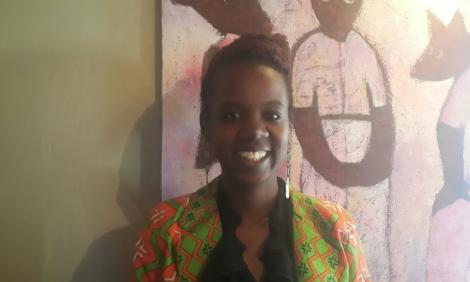
Feminist talk
Digital misogyny: “It felt like 514 people had raped me all over again”
In March 2013 Sitawa Wafula appeared as a guest on Kenya Television Network (KTN) where she shared how she had survived rape as a teenager, and her ongoing struggle with bi-polar disorder and epilepsy. An excerpt of her interview was shared on KTN’s Facebook page and to the horror of Sitawa, her friends and family, she received approximately 514 negative comments.




